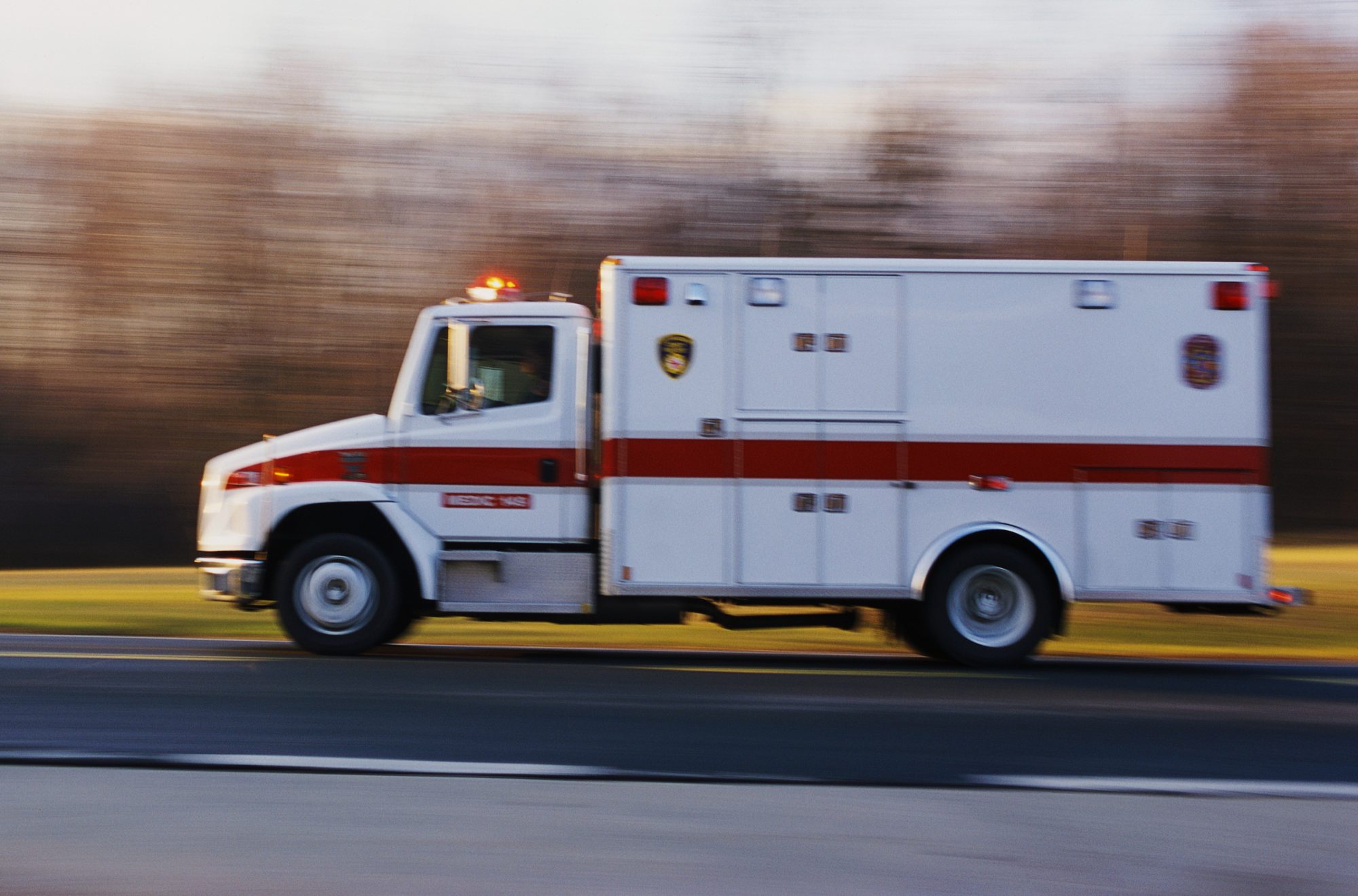Tragedy struck one Michigan community on Saturday when a small commuter plane crashed, killing a father and three others, including the pilot. The father's 11-year-old daughter was the only survivor.
Christina Perdue says her daughter, Laney's, last memory is of her father, Mike, protecting her when the plane crash-landed at Welke Airport on Beaver Island.
"We are heartbroken with the loss of my husband, a father, brother, son, and friend. He gave the best bear hugs, and I believe he grabbed our daughter and protected her," Christina said in a statement.
Mike was a realtor. The two other passengers on the plane, Leese and Adam Kendall, recently planted a vineyard and were restoring an old farmhouse on Beaver Island. The pilot's name was not released, and the Federal Aviation Administration and National Transportation Safety Board are investigating the cause of the crash.
Laney survived after receiving chest compressions on the way to McLaren Northern Michigan Hospital in Petoskey. Healthcare providers ultimately had her transferred to a children's hospital in Grand Rapids.

How to Help a Child Cope With Grief and Trauma
When a child loses a caregiver, adults left behind are often tasked with helping children navigate their emotions while also experiencing their own grief. Experts share tips for people assisting children with grief and trauma.
Find age-appropriate mental health help
Therapy can be a valuable tool for children coping with grief and trauma, but one expert shares adults should be mindful of their ages.
"Since children often do not have the language necessary to express their emotions, talk therapy might not be the best option, especially if under the age of 10," says Rebecca Cowan, Ph.D., LPC, NCC, the owner of Virginia-based Anchor Counseling & Wellness, LLC. "Because children communicate through play, play therapy can be an excellent treatment option. A play therapist is skilled in using play to help children express and process their feelings and improve their coping skills."
She recommends searching for registered play therapists at a4pt.org.
Art therapy or emotions charts, where a child points to the emoji that best identifies their feelings, can also help, notes Regine Muradian, Psy.D., a California-based clinical psychologist and author.
Tweens and teens may benefit from talk therapy. Dr. Muradian says community members, Psychology Today, pediatricians, and places of worship can provide referrals.
Happy-appearing children still need support
Children won't necessarily be sad all of the time, but that doesn't mean they don't need help.
"Children can appear withdrawn, sad, and depressed at one moment, but literally 10 minutes or an hour later, they can be playing with their toys or video games and looking happy," Dr. Muradian says. "Parents may get confused and may think, 'They look happy,' but it's the internalization of feelings. They haven't processed them yet."
Dr. Muradian says adults should still keep lines of communication open and recommends giving the child a third-party outlet through therapy.
Normalize grief by seeking help yourself
The adults in a grieving child's life likely also lost a loved one. Dr. Muradian suggests these adults find support for themselves so they can, in turn, help the child.
"If, as a parent, you are not feeling happy, you won't be able to help the people around you," Dr. Muradian says.
Adults should normalize grief with children. Dr. Muradian suggests saying, "I understand that you are sad that you lost your dad. I am sad, too. We can be sad together and talk about this together."
But Dr. Muradian advises against allowing a child to see you consistently crying or locked in a room all day. She says that may make the child less comfortable communicating their grief for fear it will add more of a burden.
Avoid media attention
If the media reports on the accident or traumatic event, like the Michigan plane crash, Dr. Cowan advises adults to tune it out.
"Exposure to the media may worsen the child's ability to cope and increase the risk of developing PTSD due to exposure to graphic images and videos," Dr. Cowan says. "In addition, the caregivers should also protect themselves from these stories and videos, as they are at risk of vicarious traumatization."
Not every day will be easy
Dr. Cowan says it's possible for children who have experienced a traumatic event or the loss of a caregiver to learn to cope. They can go on to live happy lives. But some days may be tougher than others.
"Caregivers should be mindful of the anniversary date of the traumatic event as this can cause periods of exacerbation of distress," Dr. Cowan says. "It is essential to link the child to additional supports during these times."
In the end, Dr. Muradian says communication is the key to the best outcomes.
"A trauma is a trauma, and it stays with you," Dr. Muradian says. "The question is how do we reduce the trauma and help [a child] survive it and feel good? The more we communicate about it and allow the freedom of expression, the better the prognosis will be."





